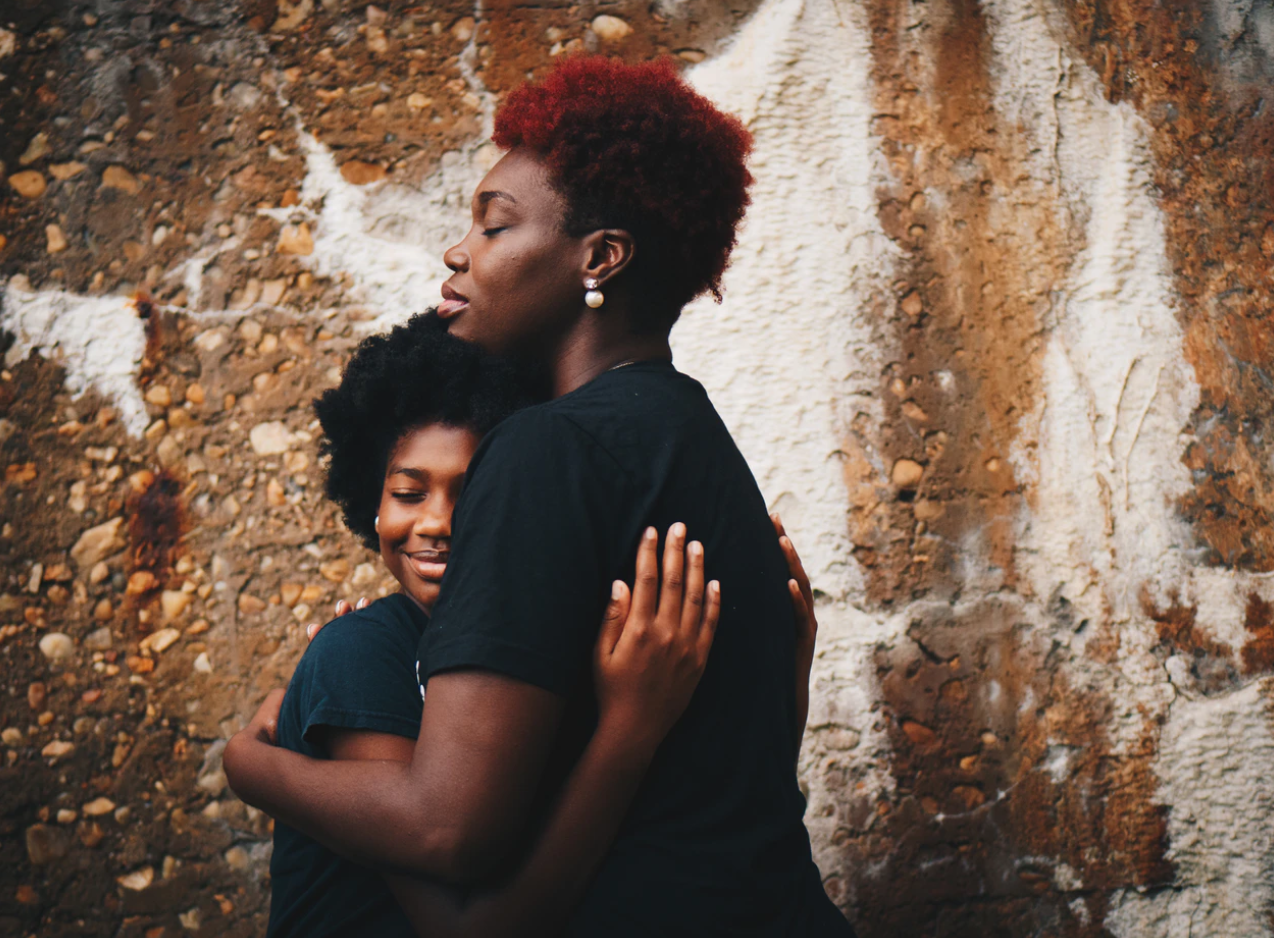
What to Do When your Daughter Is the Bully
There have been phone calls from the school. You know the other parents are talking behind your back. You’ve even been on the receiving end of her hostility. All the signs are there. Your teenage daughter has become a bully and you have absolutely no idea what to do about it.
First of all, if you are a parent aware that your daughter is a bully and are taking steps to get her and yourself help, know you have an inner strength that few other parents possess. Acknowledging one’s daughter is a bully is a painful realization and most parents easily go into denial, some even electing to believe it’s their daughter who’s the real victim because of the community’s response to her behavior.
However, bullying has an objective definition: it is an imbalance of power one individual exerts over another to force, coerce or manipulate behavior that is harmful and would not otherwise take place.
Being the parent of a child who is the bully can be just as distressing as being the parent of the one being bullied, and teenage girls who are bullies need just as much help as those being bullied.
So what can parents with teenage daughters who are bullies do?
- Do not blame yourself. You are her parent, not the architect of your daughter’s personality and at the end of the day, she will be responsible for her own behavior. Even if there were times you look back and think you made a bad parenting decision, you still should not blame yourself. There is no expectation that you need to be perfect and just because your daughter has become a bully does not mean you have failed her. It means you have a difficult situation and are in a position where you must take appropriate measures to help her develop better behaviors.
- Look for the reasons the bullying has developed. While your daughter may have the label of ‘bullying’, it’s important to remember that this is not a permanent flaw in her personality, but rather a set of behaviors she is displaying at the current time. Finding out the reasons this behavior developed is a great first step. Is she influenced by peers? Is a teacher bullying her and she’s acting out? Is she having a difficult time reading other people’s behavior, perceiving it as hostile even when it’s not? A little bit of research can go a long way as the answer to why the bullying began often provides the foundation for the conversation that will initiate change.
- Seek professional help. What so many people don’t understand is that, very often, a parent of a teenage bully feels just as helpless as the other victims and doesn’t know how to exert any control or influence over the situation. In this situation, parents need to be reminded that they are in fact in positions of power and can -and should – seek help. Exerting this kind of parental authority will come at a cost. She is likely to kick, scream and hate you. She may call you names and make you feel like a terrible person. However, it is all temporary. Any reaction she has to professional intervention is merely a momentary reaction to no longer being able to exert power over others in the way she has grown accustomed to. No matter how much your daughter seems to despise you in short-run, helping her out of her bullying patterns is the best thing you can do for her and is something she is likely to thank you for later on.



